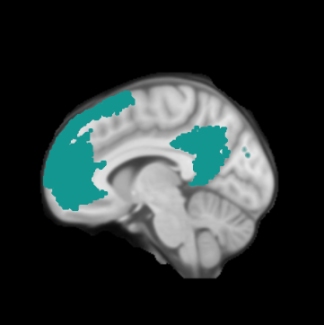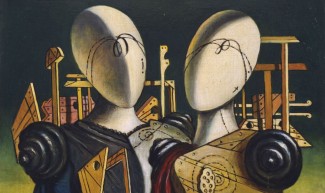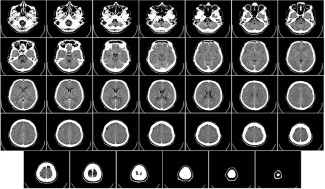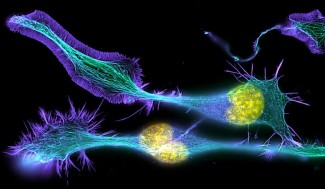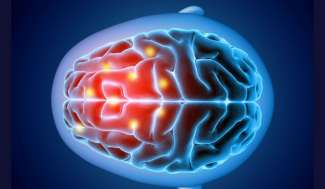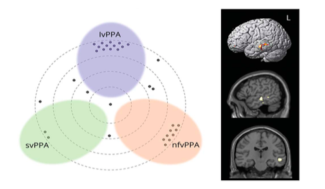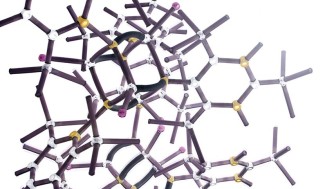There is currently no cure for fronto temporal dementia, but promising leads are emerging from ongoing research.
Treatments for fronto temporal dementia (FTD)
The proposed treatments for FTD are only symptomatic in particular to alleviate the behavioural problems of patients. Some antidepressants or anxiolytics or serotonin (serotonin level regulators), for example, can reduce agitation with a noticeable effect on appetite regulation or irritability.
In all cases, treatment with medication must be complemented by speech therapy and/or day hospital treatment to restore social relations and undergo appropriate rehabilitation.
The care of patients must be multidisciplinary by a specialist team in an expert centre. It involves a neurologist as well as neuropsychologists, speech therapists and clinical psychologists. The patient's disorders and needs, family and social impact are thus assessed and appropriate care can be provided.
The impact of fronto-temporal degeneration on social, professional and family life is significant. The social and psychological aspect, the training of family caregivers in the disease, is also a major component of care. The support of patients and family carers by patients’ associations dedicated to this pathology, in particular the association France-DFT, is also crucial.
The reference center for rare or early dementias, “Fronto-temporal degeneration” at the Pitié-Salpêtrière hospital is a support structure for patient care.
https://cref-demrare.fr/Les-Degenerescences-Fronto-Temporales-DFT
Fiche mise à jour avec la collaboration d'Isabelle Le Ber, neurologue, chercheuse dans l'équipe Frontlab à l'Institut du Cerveau et coordinatrice du centre de référence démences rares et précoces.

